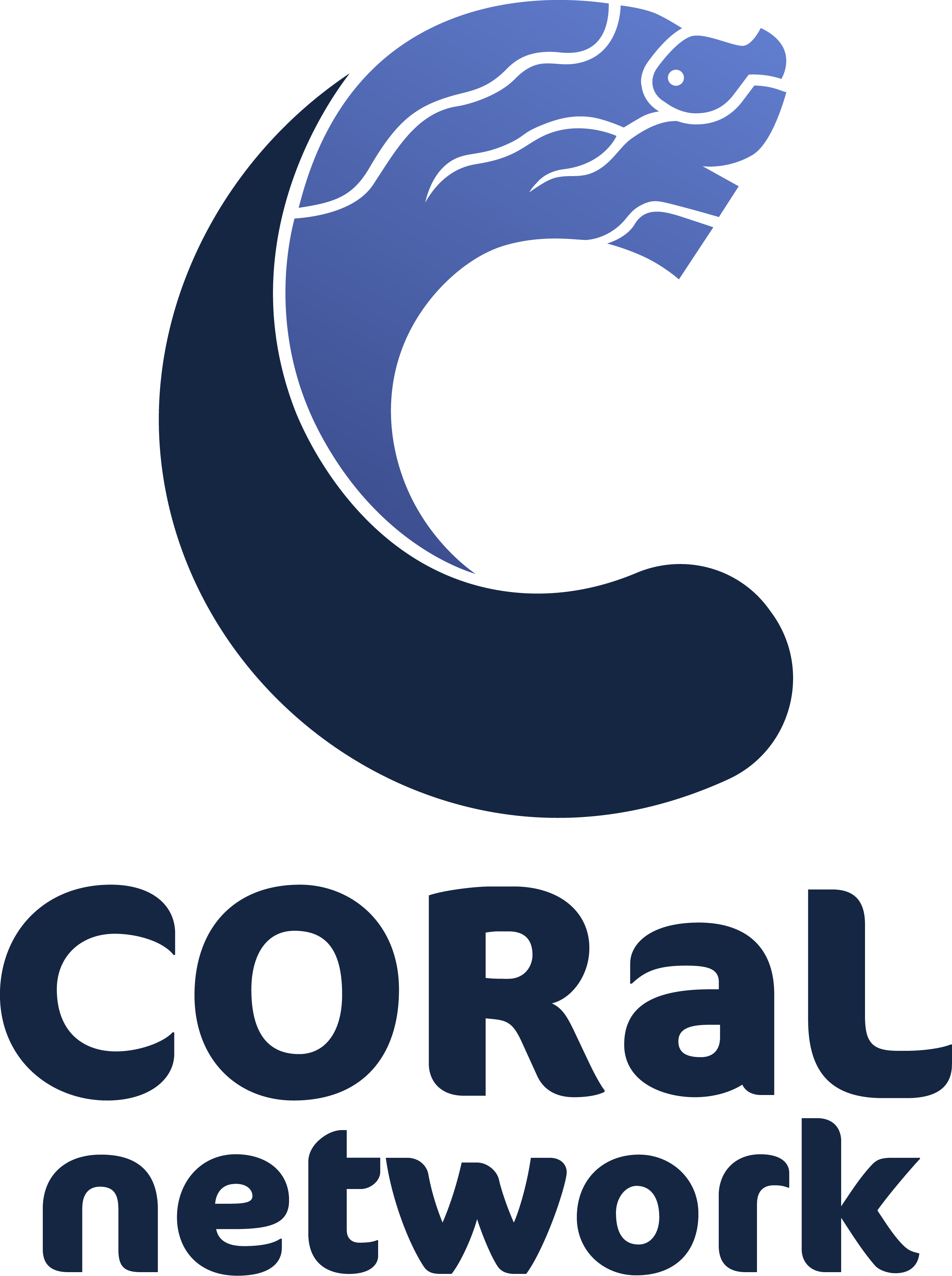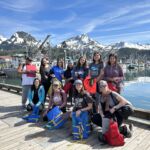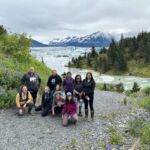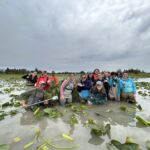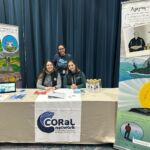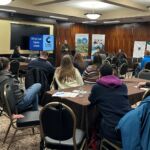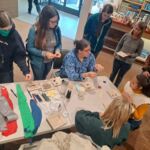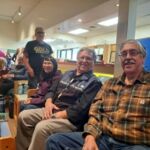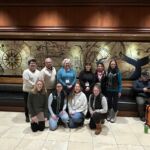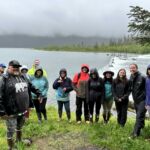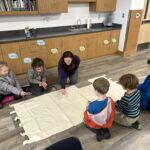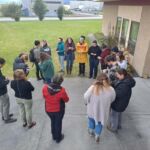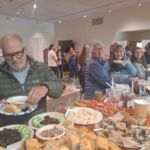The CORaL Network
Community Organized Restoration and Learning Network (CORaL Network): The CORaL Network empowers our region by collaborating, learning from one another, and sharing scientific, cultural, and traditional knowledge. We foster community co-creation and responsiveness to meet the needs of our partners and their service communities.
Overview
PWSSC is a proud partner of the Community Organized Restoration and Learning Network (CORaL Network). The CORaL Network aims to create and maintain a framework that builds the capacity of existing resources within the Exxon Valdez Oil Spill-impacted region. Through the CORaL Network, we are proudly partnered with the Alaska SeaLife Center, Alaska Sea Grant, Alutiiq Museum and Archaeological Repository, Center for Alaskan Coastal Studies, and Chugach Regional Resources Commission. The CORaL Network will make certain science outreach is relevant, co-created, and culturally responsive to our regional communities. Our goals, with the CORaL Network, are to increase public knowledge related to the Exxon Valdez Oil Spill; increase participation of youth in community-based science; integrate the Exxon Valdez Oil Spill Trustee Council (EVOSTC) funded Long-Term Research and Monitoring, Mariculture and Restoration projects with community-identified needs; and increase understanding of Alaska Native knowledge relations, cultural competency, and collaborative community.
PROJECT DESCRIPTION
The goal of the CORaL Network is to leverage and build the capacity of existing resources within the Exxon Valdez Oil Spill impacted region to ensure that current scientific information, skills, and activities are publicly accessible and serve ongoing needs as identified by local communities.
Program Outcomes (Goals):
- Science outreach is relevant, co-created, and culturally responsive to our regional communities, leading to increased public utilization of available knowledge related to the Exxon Valdez Oil Spill.
- Regional youth participate in community-based pathways to science professions, building diversity among Alaska’s scientists and reinforcing an emerging community-based approach to future science and restoration projects.
- Scientists are active partners in communication and foster STEM skills in communities where Long-Term Research and Monitoring, Mariculture, and Restoration projects are integrated with community-identified needs.
- Capacity-building activities such as cultural and communication learning opportunities, internships, and community connections support and sustain network collaborations across the region.
- EVOSTC-funded resources across the region are effectively leveraged through an active, collaborative, cross-agency network of partners so that integrated projects demonstrate greater impact than the sum of individual projects.
- Utilizing developmental evaluation techniques throughout the 5-year program, the CORaL Network becomes a self-sustaining mechanism for ongoing collaborations and community-based restoration activities beyond the grant period.
To best accomplish our intended outcomes, the CORaL Network has categorized objectives into comprehensive pathways that include a CORaL Network website, community sharing, cultural competency opportunities, the Community Coastal Experience, community science and outreach.
CONTACT US
coralnetwork@pwssc.org
PRINCIPAL INVESTIGATOR
Wei Ying Wong
Alaska SeaLife Center
wywong@alaskasealife.org
PWSSC CORaL Educators
Lauren Bien
Education Director
lbien@pwssc.org
Cristina Reo
Education Specialist
creo@pwssc.org
RESEARCH PERIOD
2022-2026
FUNDING
Exxon Valdez Oil Spill Trustee Council
COLLABORATORS
Alutiiq Museum and Archaeological Repository
Center for Alaskan Coastal Studies
Chugach Regional Resources Commission
Prince William Sound Science Center


